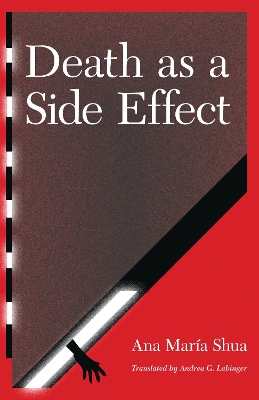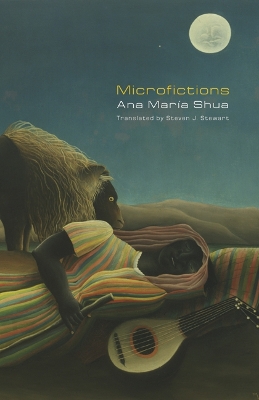Latin American Women Writers
3 total works
Dystopian fantasy, political parable, morality tale—however one reads it, this novel is first and foremost pure Ana María Shua, a work of fiction like no other and a dark pleasure to read. Shua, an Argentinian writer widely celebrated throughout Latin America, frames her complex drama in deceptively simple, straightforward prose. The story takes place at a fat farm called The Reeds, a nightmare world that might not exist but certainly could. The last resort of the overweight wealthy (or sponsored), The Reeds subjects its “campers” to extreme measures—particularly the regimented system of public humiliation imposed by its director, a glib and sharp-minded sadist called the Professor.
Into the midst of this methodical madness comes Marina Rubin, who experiences all the excesses of The Reeds. The pervasive cruelty of this refined novel distances it from facile conclusions. Amid the mordant social satire, The Reeds’ obese campers are far more than merely victims of the system, subjected to impossible social demands for physical perfection. Out of control, fierce, rebellious, or subjugated, they are recognizable human beings, contending with an unjust but efficient authority in their unique and solitary ways.


